The Human Rights Report of the US Department of State
The US Department of State has criticized Romania for its corruption cases, the conditions in its penitentiaries and the discrimination of the Rroma

Roxana Vasile, 23.04.2018, 14:12
At the end of last week, the US Department of State published its annual human rights report based on the information gleaned from the US embassies and consulates, from government officials and other sources. What does this document say about Romania?
According to it, in 2017 as well, Romania still had overcrowded prisons with detention conditions below international standards even if the authorities had taken measures to improve the situation. The mistreatment and abuses against some detainees committed by the authorities or by other detainees remained a pending issue. According to the US Department of State most of the police abuses committed last year against disabled persons, sexual minorities, drug addicts and the homeless remained unsanctioned.
Also cases of anti-Semitism, Holocaust denial and Rroma discrimination have been reported. However, no criminal cases sparked off by racial issues have been reported. The European Court of Human Rights intervened in some files after the legal system had failed to obtain the right results.
Children from Romania were often neglected and fell victim to various abuses including work exploitation. The aforementioned human rights report describes corruption as a widespread phenomenon, while bribery is a common practice in Romanias public sector, particularly in the medical field.
Although the present legislation sanctions corruption cases involving high-ranking officials, and in spite of numerous criminal trials, many corruption cases involving government officials were reported last year. So, the number of corruption cases involving high officials has remained unchanged, and so has the pace at which the countrys main anti-corruption Agency (DNA) investigated and prosecuted corrupt politicians or high-ranking officials in the administration and countrys judicial system.
The same report has also mentioned the case of some politicians who control media institutions influencing their editorial activity. Independent organisations, such as the Press Monitoring Agency, Freedom House and the Centre for Independent Journalism have blown the whistle over the excessive politicization of the press, the corrupt mechanisms of funding and the editorial policies subordinated to the owners interests.






























